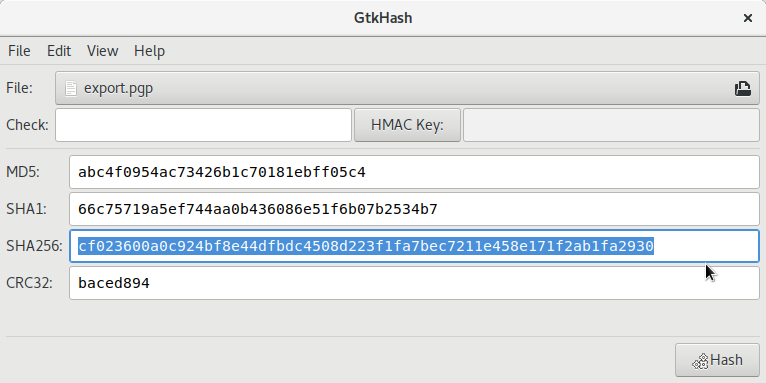Installation image#
Download the image#
System images are typically distributed as ISO files (*.iso filetype), but may also come as a compressed system image (e.g. FileName.xz).
The first step to install PureOS is to download and verify the integrity of the PureOS hybrid live/install ISO image.
Download PureOS and select the latest hybrid install/live PureOS ISO image.
Tip
To try the latest preview build of the next PureOS release, PureOS Crimson, download the latest Crimson ISO image. If you find issues, please review the known issues and let us know!
Verify the image#
When the download is complete, download the SHA256 checksum (*.checksums_sha256.txt filetype) file from the same PureOS download page, labelled “This file contains a list of SHA256 sums for the download”.
Make sure to check that the SHA256 checksum hash file contents match the one calculated for your downloaded ISO.
This ensures that the download completed successfully and the file is not corrupted.
You can calculate the checksum using sha256sum utility (run this in your terminal):
sha256sum ~/Downloads/pureos-10.3-gnome-live-20230614_amd64.iso
(provided that you downloaded the image to your Downloads folder).
Note
The ISO image date string (20230614) may differ.
You can alternatively use a graphical utility called GtkHash, which may be obtained from the Software center:
